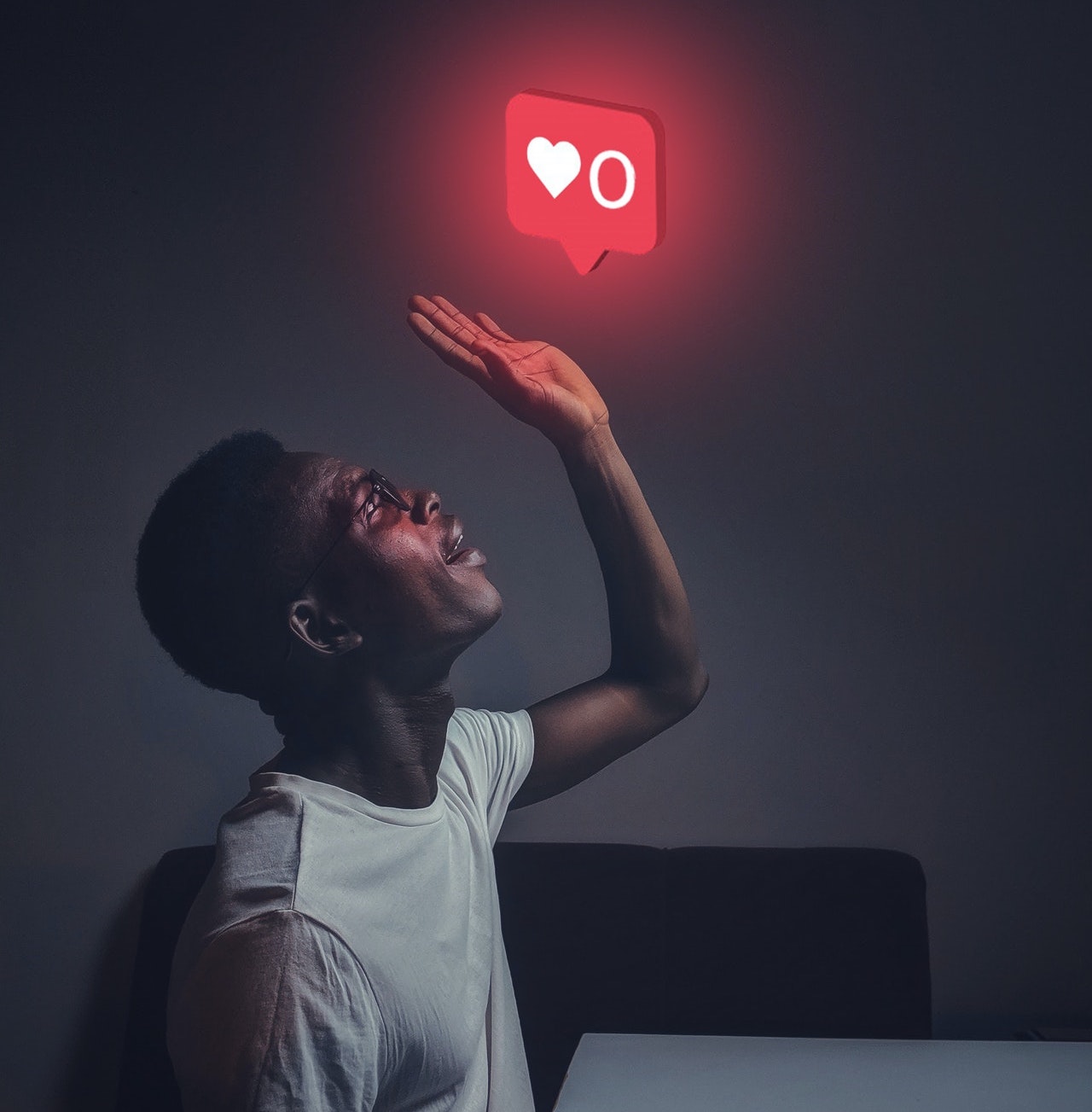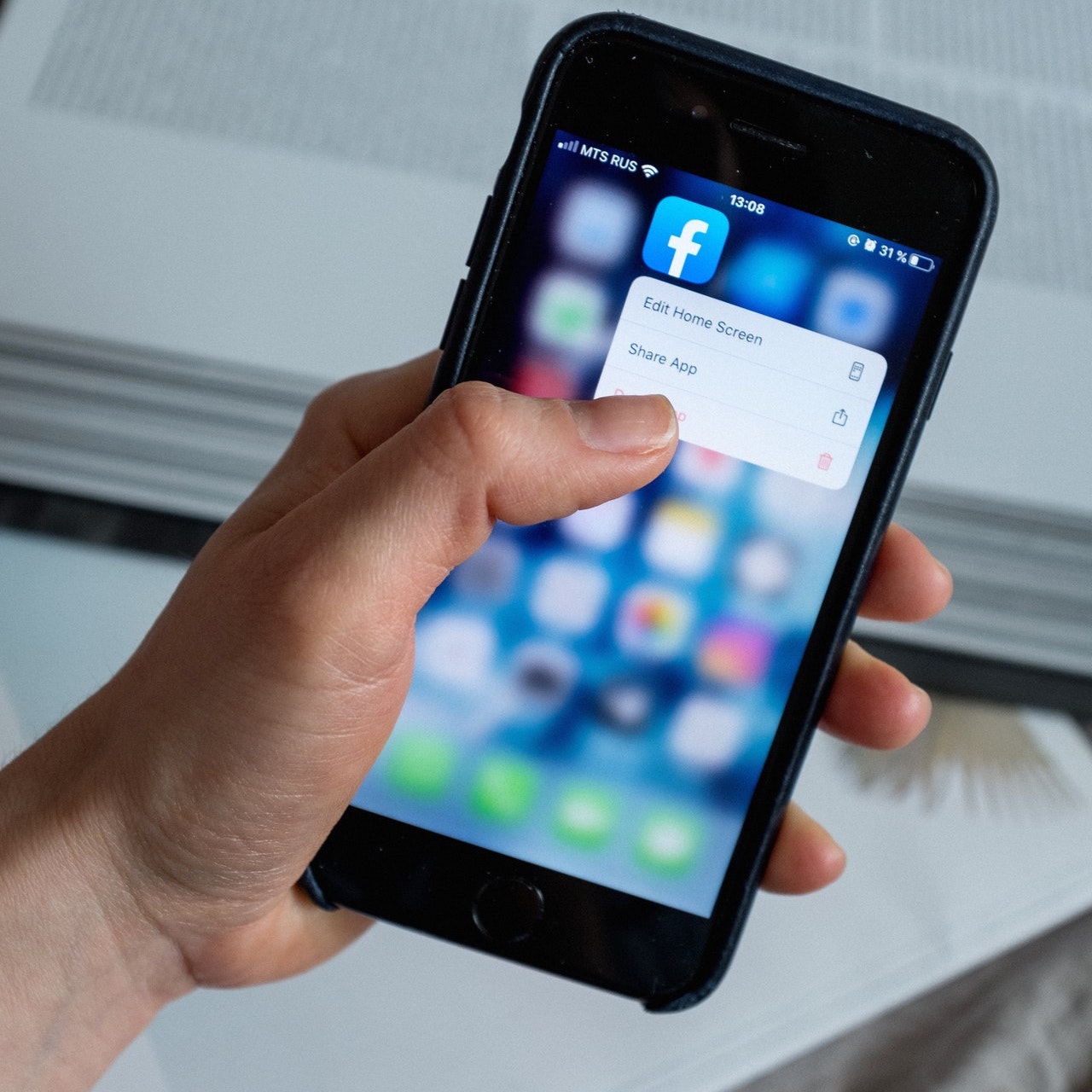
Imagine having dinner with friends. While talking, a buzzing noise comes from someone's pocket, and then a continuous texting and scrolling commences that ruins the conversation from that point onward. The mind of the person in front of you has flown somewhere else. As you’re looking around, you’re noticing the people at the tables are quiet. No one’s talking to each other anyone — they’re only staring at the screens — and even the kids are assigned some sort of electronic babysitters — a venue’s gift — in order to keep it down and not to disturb the parents while scrolling…
Or how about working out in a gym, where a tasteless music selection rackets all around in unison with similar gashing you from the big screens. As you’re completing your exercise or set, you’re standing up for a breath of air or a sip of water while your gaze’s running over the room around you. Everybody is gazing their cell- — I’m sorry — smartphone, and is watching, reading, checking, or God knows what else, while their music list is banging in their ears, through the must-have for this gym wireless headphones/earbuds. Same picture repeats itself at the swimming pool, as the waterproof technologies took over the minds and hearts of the few techno-zombie apocalypse survivors once and for all.
They are everywhere. They have taken over the need to feel, to think and to be surprised, to hear, to see and to rejoice. They have turned us into FOMO — fear of missing out. Thus, we no longer listen to the sound of the wind, we no longer look at the sky, but we stare at small and big screens about everything that concerns our lives, as if without them it is unthinkable.
It's a little scary, but that's the reality. You’ve noticed it, haven’t you? You can't miss this spectacle of total zombies to the ubiquitous rectangles, which know everything about everything, and man less and less superficially.
Regrettably, more than 40 years ago, humanity made the mistake of taking too seriously the concept of dieting, using inconclusive studies claiming fat was our #1 enemy. Thus, began the staggering bingeing on processed fat-free foods, which led to an epidemic of overweight and widespread obesity.
The same thing is happening now. I can only guess where this path paved with good intentions for a healthy, productive and fulfilling lifestyle that the technology giants sell us every day may lead us. With this pace of technology obsession, I can easily predict a future hell of stupid individuals lacking basic cognitive abilities — zombies who would ask the big brother for everything — from what to eat, to when to let the dogs out and everything in between.

How does all this affect us:
- Loss or complete lack of concentration — regular doses of dopamine, which technologies provide easily with their platforms, make us Pavlov’s dogs — completely dependent on what’s happening. This is an extremely dangerous situation for kids because that causes addictions and builds vicious living standards even the tobacco cartels would envy;
- Fear of missing out (FOMO) — a life in constant stress, expecting results, calls, messages, professional harassment, especially beyond working hours. The separation between professional and personal life has never been so pronounced to an extend the people literally live to work, in order to earn income they are expected to spend;
- Real quality rest deficit — technology contributes to the effects of chronic stress and burnout, which in first place are a cause for serious concern. They are deprive us from a quality rest while increased levels of stress or unhealthy excitement, they keep the adrenaline levels high. In such conditions, even a fitness workout is of a poor quality, let alone meditation or massage;
- Poor sleep — prolonged screen use hinders the melatonin production that extends the process of falling asleep and disrupts the circadian rhythm. This upsets the delicate balance of all biological processes in the body, which may sooner or later have a detrimental effect on health;
- Deterioration of relationships — well-crafted photos and spectacular pictures disrupt how the brain processes the stimulations in a personal and intimate relationship. That may inevitably cause disappointments and shattered expectations among the few consequences;
- Decreased productivity and concentration — the time spent in brainless "clicking" and "scrolling" during the active part of the day reduces our ability to qualitatively complete the tasks we’ve been busy with. If once writing a letter required concentration to the smallest details, since otherwise you’d begin writing all over, nowadays copy-and-paste are among the huge arsenal of tricks — presented as creativity tools;
- Toxic influence on teenage girls -— Facebook denies allegations in a series of Wall Street Journal publications revealing an internal document they were aware of the toxic impact Instagram had on the teenage girls well-being. It is shocking to see a young person spend hours and days in torment for the opinions of negative people and predators in search for their own entertainment;
- Reality distortion — technology takes care of every sensory organ, which — according Norbekov — reduces the organ’s ability to do its job. Platform algorithms interfere with our communication, we listen through headphones, we don't think, we consult with our new smartphone, and we heavily rely on the smartwatch to tell us if we are tired and how our health is. So many people wear glasses, which are in the process of getting smarter and wide-spread every day — a quest of completely obstructing our reality.

To realize the toxic effect is a huge step towards solving such a destructive addiction. What else to do for a successful digital detox?
- Find your motivation.
Understand why you want to make the change. Whether it's because of an upcoming exam, a promotion, or anything else, there always comes a turning point when you acknowledge to yourself, "I'm doing it." Having a motive is far easier to stick to your new behavioral patterns and stay true to them; - Make small, but successful steps.
Create a simple plan for the goals you want to achieve. Start with a phone-free Sunday and reach a complete freedom without abstinence. Make it smooth and seamless, even for your own brain; - Fill the gap.
When you’re inactive, you are subject to technology as well. Books, drawing, singing or other hobbies may be among the possible activities. If that's not enough for you, do something you've been putting off for years - learn a new language, make your family tree, or excel the secrets of the most complex asanas in yoga; - Give them a break.
Use technology against themselves. Be strict. When the screen time warning comes out, they simply become unusable, with the exception of a regular phone call. - Delete the applications.
Constant digging can stop if you don’t have the applications on the most obsessive platforms on your smartphone. They’ll keep you profiles even if you’re dead and as long as I know no one has died for not having a Tik-Tok profile.
- Observe strict electronic hygiene.
As much as you wash your hands for meal, you stop touching dirt surfaces, once you start something real, keep your presence here and now. Since Krakatoa was hardly a reason for your grandma's tomatoes crop to fail, why would an eruption of Etna ruin your peace? - Observe the world around you.
Find the beauty in devoting a day entirely to real meetings, walks, even just contemplation and relaxation. Disconnect to connect. - Quit phone use.
The smokers and addicted phone users have nothing do it with their hands, so they reach for their quick source of self-confidence and become addicted to it before they know it. Take a Rubik's cube or other puzzle with you in the backpack, something to help you unlearning to "take it out to be cool.“ - The old-fashion is the new fashion.
Using the camera, dictionary or Spotify app may be a reason to keep turning to your smartphone. Take a photography course, buy a digital camera and start taking those stunning pictures you’ve always wanted. An old or new paper dictionary may considerably improve the quality of your lingual translation, or dusting off your good stereo system, you may rediscover truly quality of music; - Slow down.
All this haste and rushing has turned us into task machines and deprived us from the pleasure of the little things. Short in feeling and measure, we live someone else's reality rather than our own. - Be bad.
The expectations from us are ever so high, far exceeding the levels of the average person or entrepreneur only half a century ago. Be different, don't answer the phone right away, let the voicemail take the burden of other people's cry. Emails or messages have no priority over your real life. Read them when you have the please to.
When to start? When to return to your old self? I dare to say quite responsibly that serious intentions towards the digital detox won’t let you look back for your old drug. If this, however, creeps in your thoughts, boosting primary foods may be a wonderful solution. With the help of a good coach, this is not a difficult task at all.
